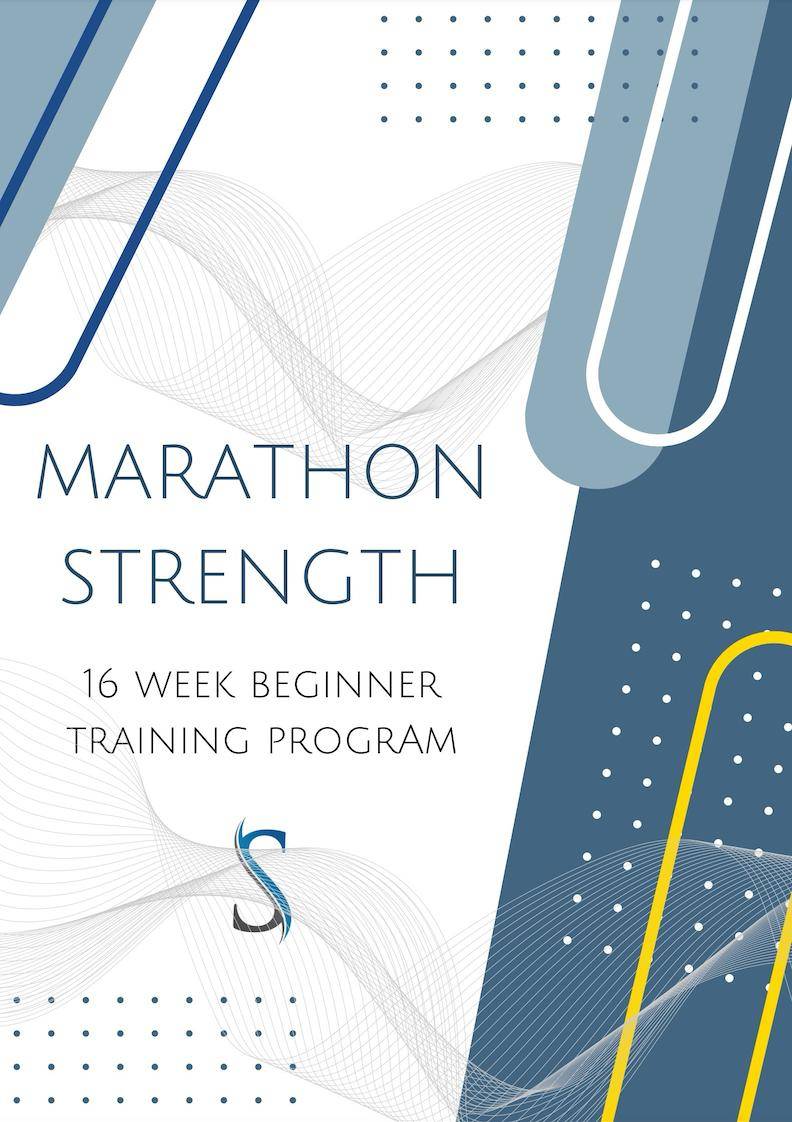
5 Ways to Optimize Your Recovery this Off-Season
The Spring National Championship and NCAA Championships have put a wrap on the annual short course swim season. Whether swimming at the age group club level, in high school or with a college program, the short course season is intense

and requires a lot of energy and effort. Swimmers spend hours in the water and weight room, in addition to keeping up with school activities. They are expected to compete in various events and races week after week, which can be exhausting and tiring. Now that the short course season has ended, swimmers need to take some time to rest and recover before getting back into training for the summer long course season.
Here are five tips on how swimmers can better recover between competitive swimming seasons:
1. Take some time away from the pool
After a long and tiring swimming season, it is important to take some time off to rest and recover. Swimmers should take a break from swimming for a few days or even a week or two. This will give their bodies time to heal and recover from the physical demands of the season.
2. Stay active
While it’s important to rest, it’s also important to stay active during the off-season. Swimmers can try different types of exercises and activities, such as yoga or cycling, to stay in shape and maintain their fitness level.
It’s also great to get in the weight room and start to work on any weaknesses that had been identified during the season, as well as addressing any nagging pains or injuries that might have occurred.

3. Eat well
Proper nutrition is essential for recovery. Swimmers should focus on eating a balanced diet that includes plenty of fruits, vegetables, whole grains, and protein. They should also stay hydrated by drinking plenty of water.
4. Get enough sleep
Sleep is an essential part of recovery. Swimmers should aim for between 7-9 hours of sleep each night to help their bodies heal and recover from the physical demands of the season. While this is important all the time, sleep is when recovery and adaptation happens, and according to Christie Aschwanden in her book ‘Good to Go,’ prioritizing sleep can help athletes flourish.
5. Set goals for the next season
Regardless of how the season finished, setting goals for the next swimming season can help swimmers stay motivated and focused during the off-season. They can set goals for specific races or events they want to compete in, and work towards achieving those goals during their training.
Optimizing the short time in between swim seasons by prioritizing rest to allow healing, staying active, eating well, getting enough sleep, and setting goals can help athletes recover and prepare for the next competitive swimming season. By following these tips, swimmers can come back stronger and more prepared for the challenges of the next season.


